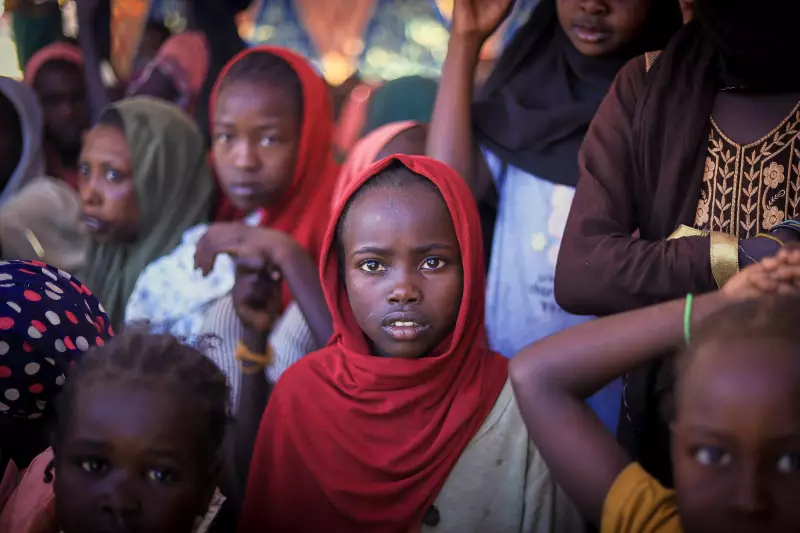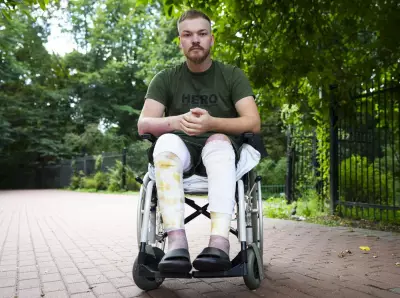
As violence continues to ravage Sudan, Canadian families with deep connections to the African nation are raising their voices in desperation, feeling abandoned by their government while watching the crisis spiral out of control.
"Everyone has abandoned us," declares Motaz Ahmed, a Sudanese-Canadian whose family remains trapped in the conflict zone. His words echo the growing frustration within Canada's Sudanese community as they watch other nations successfully evacuate their citizens while Canada's response appears sluggish.
A Race Against Time
The situation in Sudan has deteriorated rapidly since conflict erupted between the country's military and the powerful paramilitary Rapid Support Forces. What began as localized violence has expanded into widespread chaos, leaving essential services crippled and basic supplies scarce.
"My mother, my father, my sisters, my brothers—they're all there," Ahmed explains, his voice heavy with concern. "They're running out of food, running out of water, running out of medicine."
Evacuation Challenges Mount
While Global Affairs Canada acknowledges the severity of the situation, their options remain limited. The closure of airports and the extreme danger on road routes have complicated evacuation efforts. Unlike some allied nations that deployed military assets for extraction missions, Canada has primarily focused on diplomatic channels.
"We are working around the clock to support Canadians in Sudan," a government spokesperson stated. "The security situation remains highly volatile and unpredictable, making any operation extremely risky."
Community Takes Matters Into Their Own Hands
Frustrated by the pace of official response, Sudanese-Canadians across the country have organized their own support networks. Through social media groups and community organizations, they share critical information, pool resources, and coordinate whatever assistance they can provide from thousands of kilometers away.
These grassroots efforts have become a lifeline for many, but community leaders emphasize they're no substitute for coordinated government action. "We're doing what we can," says one organizer, "but we need the full weight of the Canadian government behind this effort."
The Human Cost Grows
Beyond the immediate evacuation concerns, the Sudanese-Canadian community worries about the long-term humanitarian impact. Many have loved ones who cannot easily leave—elderly relatives, people with disabilities, or those without proper documentation.
As the conflict shows no signs of abating, these families face an agonizing wait, hoping for either a diplomatic breakthrough or a miraculous calm in the storm of violence that has engulfed their homeland.






